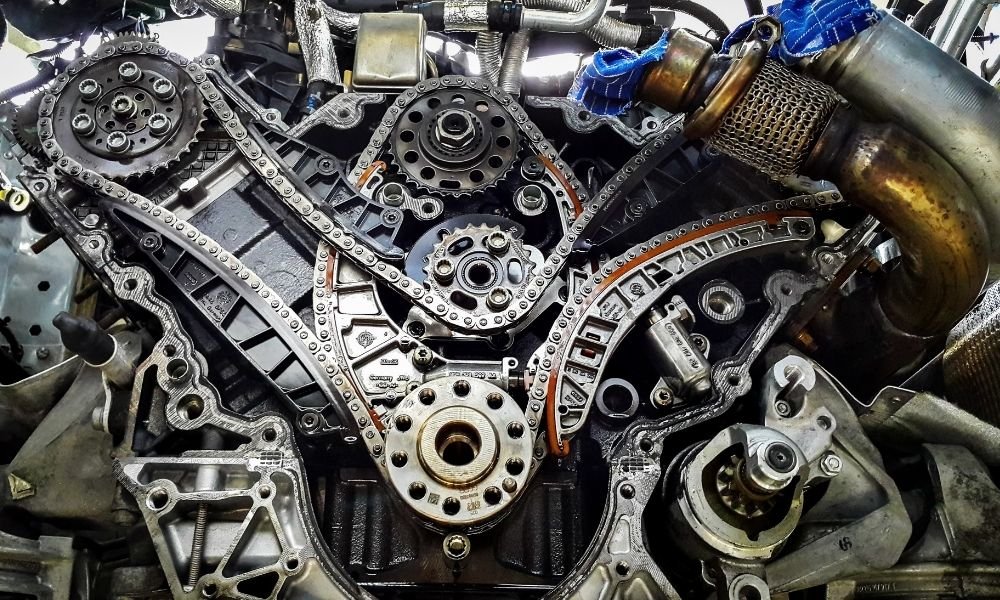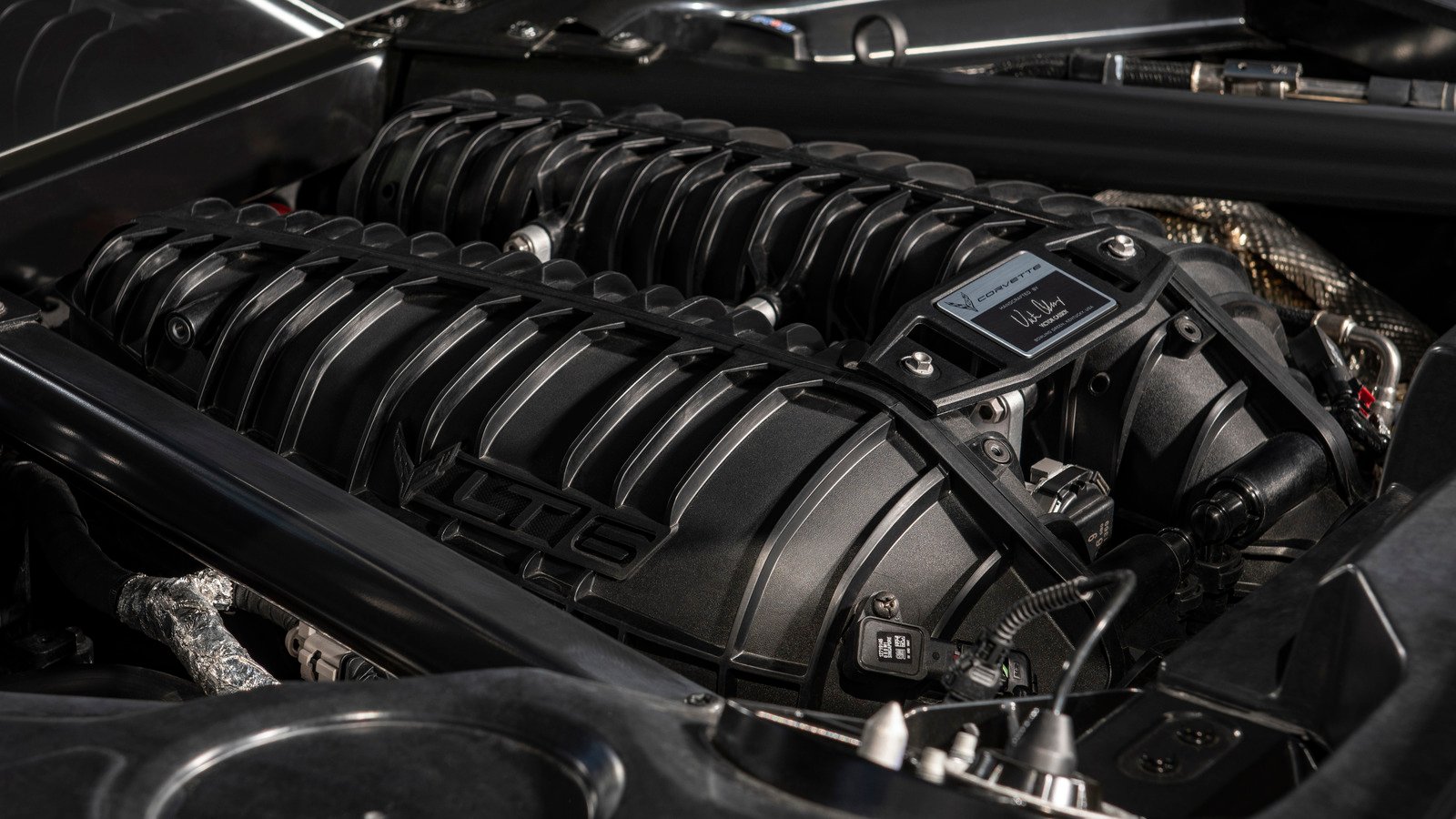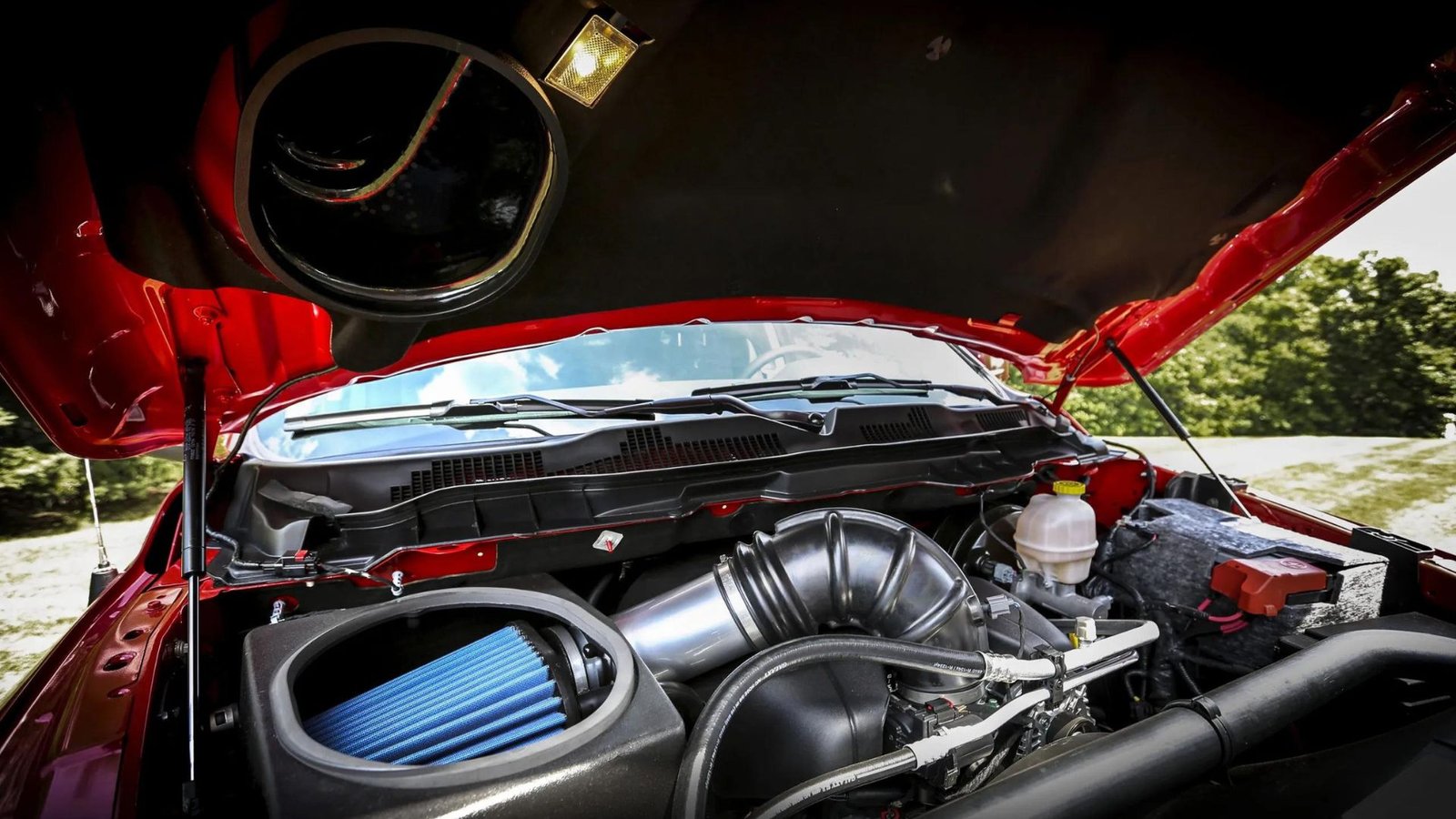Choosing the right engine is a critical decision that can significantly affect your vehicle’s performance, efficiency, and overall driving experience. Whether you are purchasing a new car or considering an engine upgrade, understanding how to choose the right engine is essential. This guide will walk you through the key factors to consider to ensure you make an informed decision.
Assess Your Needs
Define Your Requirements
The first step in learning how to choose the right engine is to define your requirements. Consider what you need from your vehicle. Are you looking for high performance, better fuel efficiency, or enhanced towing capacity? Identifying your priorities will help narrow down your options. For example, if you need a vehicle for daily commuting, a fuel-efficient engine may be ideal. Conversely, if you require a truck for heavy-duty work, you might prioritize engine power and torque.
Consider Vehicle Use
Your vehicle’s primary use plays a significant role in how to choose the right engine. If you frequently drive in urban environments, a smaller engine with good fuel efficiency may be suitable. On the other hand, for off-road adventures or towing heavy loads, a more powerful engine with higher torque would be more appropriate. Understanding the typical conditions and demands of your driving habits will guide you in selecting the right engine for your needs.

Explore Engine Types
Gasoline Engines
Gasoline engines are a popular choice due to their balance of power, performance, and efficiency. They come in various configurations, such as inline-four, V6, and V8 engines. Gasoline engines are known for their smooth operation and responsive performance. When deciding how to choose the right engine, consider whether a gasoline engine meets your needs for performance and efficiency.
Diesel Engines
Diesel engines are known for their superior torque and fuel efficiency, making them ideal for heavy-duty applications and long-distance driving. Diesel engines provide more pulling power and often have a longer lifespan than gasoline engines. If your driving involves frequent towing or you need a high-torque engine, a diesel engine might be the best choice. However, keep in mind that diesel engines can be louder and may have higher emissions compared to gasoline engines.
Hybrid and Electric Engines
Hybrid and electric engines offer an eco-friendly alternative with lower emissions and improved fuel efficiency. Hybrid engines combine a gasoline engine with an electric motor, providing both power and fuel savings. Electric engines, on the other hand, are completely battery-powered, offering zero emissions and smooth acceleration. If reducing your carbon footprint and saving on fuel costs are priorities, considering hybrid or electric engines is essential.
Evaluate Performance and Efficiency
Engine Power and Torque
When determining how to choose the right engine, evaluating the power and torque ratings is crucial. Engine power (measured in horsepower) affects your vehicle’s acceleration and top speed, while torque (measured in pound-feet) impacts your vehicle’s ability to tow and carry heavy loads. Ensure the engine you choose meets your performance needs based on your driving style and usage.
Fuel Efficiency
Fuel efficiency is another important factor. Engines with higher fuel efficiency reduce your overall running costs and are better for the environment. Look for engines that offer good miles per gallon (MPG) ratings if fuel economy is a priority. Modern advancements in engine technology have improved fuel efficiency across various types of engines, so research and compare different options.
Consider Future Maintenance and Costs
Maintenance Requirements
Different engines have varying maintenance needs. For instance, diesel engines may require more frequent servicing and specific types of fuel and lubricants. Research the maintenance requirements of the engine you are considering and ensure you are comfortable with the associated upkeep. Regular maintenance is key to ensuring the engine remains reliable and performs optimally.
Long-Term Costs
Consider the long-term costs associated with the engine, including fuel, maintenance, and potential repairs. While some engines may have a higher initial cost, they may offer better fuel efficiency and lower long-term expenses. Weigh these factors when deciding how to choose the right engine to ensure it fits within your budget and meets your financial expectations.
Conclusion
In conclusion, knowing how to choose the right engine involves assessing your needs, exploring engine types, and evaluating performance, efficiency, and long-term costs. Whether you opt for a gasoline, diesel, hybrid, or electric engine, understanding these factors will help you make an informed decision. By considering your vehicle’s primary use, performance requirements, and maintenance costs, you can select the engine that best suits your driving needs and lifestyle.




